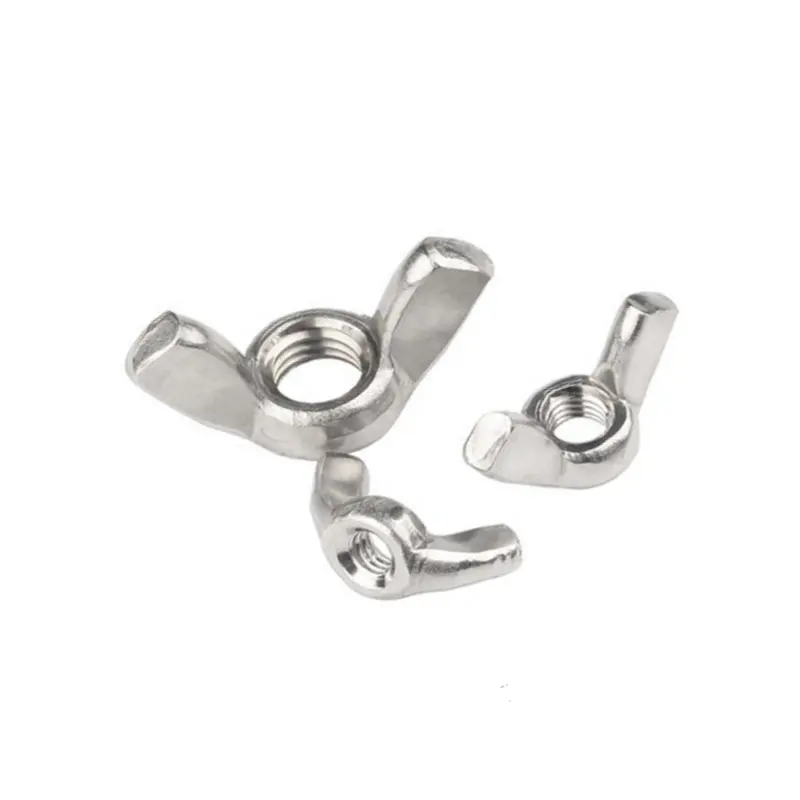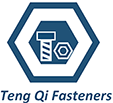WING NUTS MANUFACTURER IN CHINA
Ningbo Teng Qi Fasteners Co., Ltd is a leading wing nuts manufacturer in China. Wing nuts are a type of fastener designed for easy hand-tightening and loosening without the need for tools. They have two large, flat “wings” on opposite sides of the nut that allow for quick manual rotation. These wings provide a convenient grip for turning the nut by hand, making it possible to secure or release threaded connections without the use of wrenches or pliers.
Wing nuts are commonly used in applications where frequent adjustments or quick assembly/disassembly is needed. They are often found in furniture, equipment, and fixtures that require easy installation and removal without the need for additional tools. It’s important to note that while wing nuts are convenient for hand-tightening, they might not provide as much clamping force as traditional nuts tightened with tools.

Specification of wing nuts:
| Product Name | Wing Nut |
|---|---|
| Diameter | Metric: M4-M24 Imperial:5# to 3/8" |
| Class | 4.8/6.8/8.8/10.9/12.9 A2-70 A2-80 A4-70 A4-80 |
| Grade | SAE J429 GR.2/5/8 |
| Material | Steel/Stainless steel/Brass |
| Manufacturing Process | wire drawing, cold heading/hot forging, thread rolling, heat treatment, surface treatment |
| Surface treatment | Black Oxide Coating/Zinc Plating (Electroplating)/Hot-Dip Galvanizing/Mechanical Galvanizing/Dacromet Coating/Painting or Powder Coating |
| Application Industry | Construction/Agricultural Machinery/Industrial Structures/Equipment and Machinery/Infrastructure |
Manufacturing quality control of wing nut:
| Control Method | Detail |
|---|---|
| Material Inspection: | Verify the material's composition, heat treatment, and quality upon receipt. Conduct metallurgical analysis to ensure the material properties meet the standards. |
| Process Control: | Implement strict process control measures for heat treatment, machining, threading, and any other manufacturing steps. Maintain consistent process parameters to ensure uniform quality. |
| Inspection Points: | Introduce inspection points at various stages of manufacturing to check for defects, dimensions, and quality. Inspect threading, dimensions, surface finish, and other critical parameters. |
| Sampling and Testing: | Regularly sample products for testing, such as tensile testing, hardness testing, and metallurgical analysis, to ensure they meet the required specifications. |
| Thread Inspection: | Thoroughly inspect threading using proper thread gauges to ensure accurate dimensions and fit with mating components. |
| Traceability: | Implement a traceability system to track each fasteners journey from raw material to final product. This aids in accountability and recalls if necessary. |

